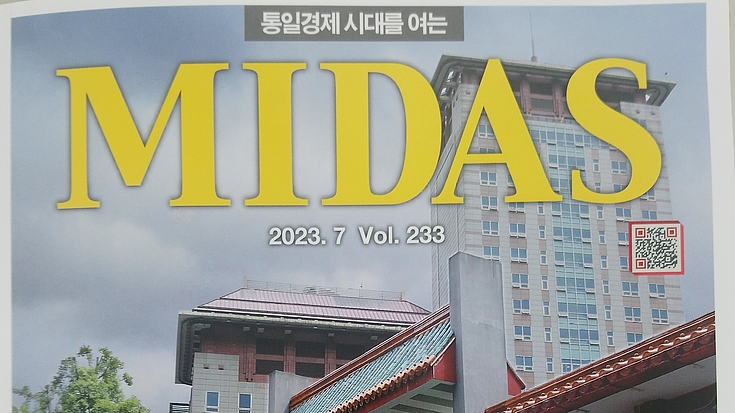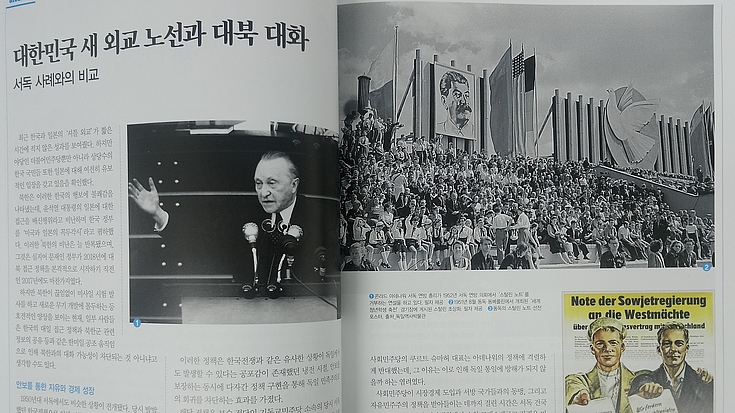Publication
[MIDAS] What opportunities does the new foreign policy strategy offer for dialogue with North Korea? A German assessment with experience in the West integration

A considerable part of the South Korean population, as well as North Korea, has reservations about South Korea's policy of rapprochement with Japan, especially some see this as an additional negative impact on relations with the North. Dr. Seliger sees parallels between Germany's situation at the beginning of the Cold War and South Korea’s position today. Germany's policy in the post-war period of striving for integration into Western security structures (West integration) was not conducive to the desired reunification at that time. At the same time, the fear was that without a multilateral orientation of its foreign policy, Germany would lapse back into nationalism and threaten a similar escalation as in East Asia (Korean War). Under the federal government of Konrad Adenauer (CDU), reunification was considered a lower priority, it was much more important to ensure a free democratic basic order for West Germany. It took a good ten years before the opposition shared this policy.

Stalin's offer to agree the reunification if it remain neutral afterward ("Stalin notes") was rejected by the Western powers. The resentment on the Western side was too deep. Dr. Seliger argues that Germany's western ties were the basis for the economic rise of the export-oriented Federal Republic. Despite different framework conditions between the divided Germany of the post-war period and the two Koreas today, the substantive question remains unchanged: Is it about "unity at any price" - exclusive freedom? Or is it about "unity in freedom" - inclusive freedom? The integration of South Korea into the liberal democratic community is beneficial in the long term for reunification in freedom, according to Dr. Seliger's quintessence.
